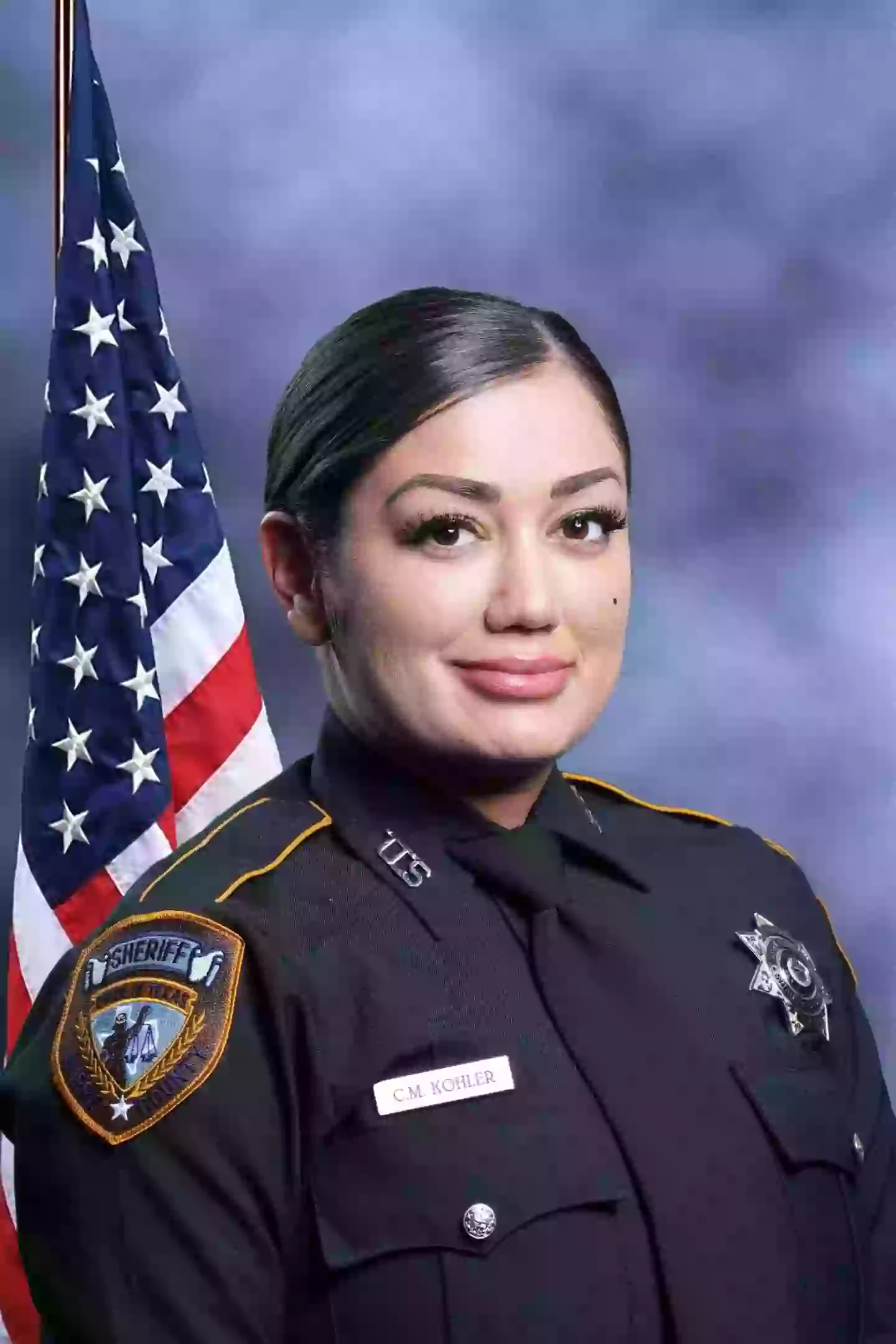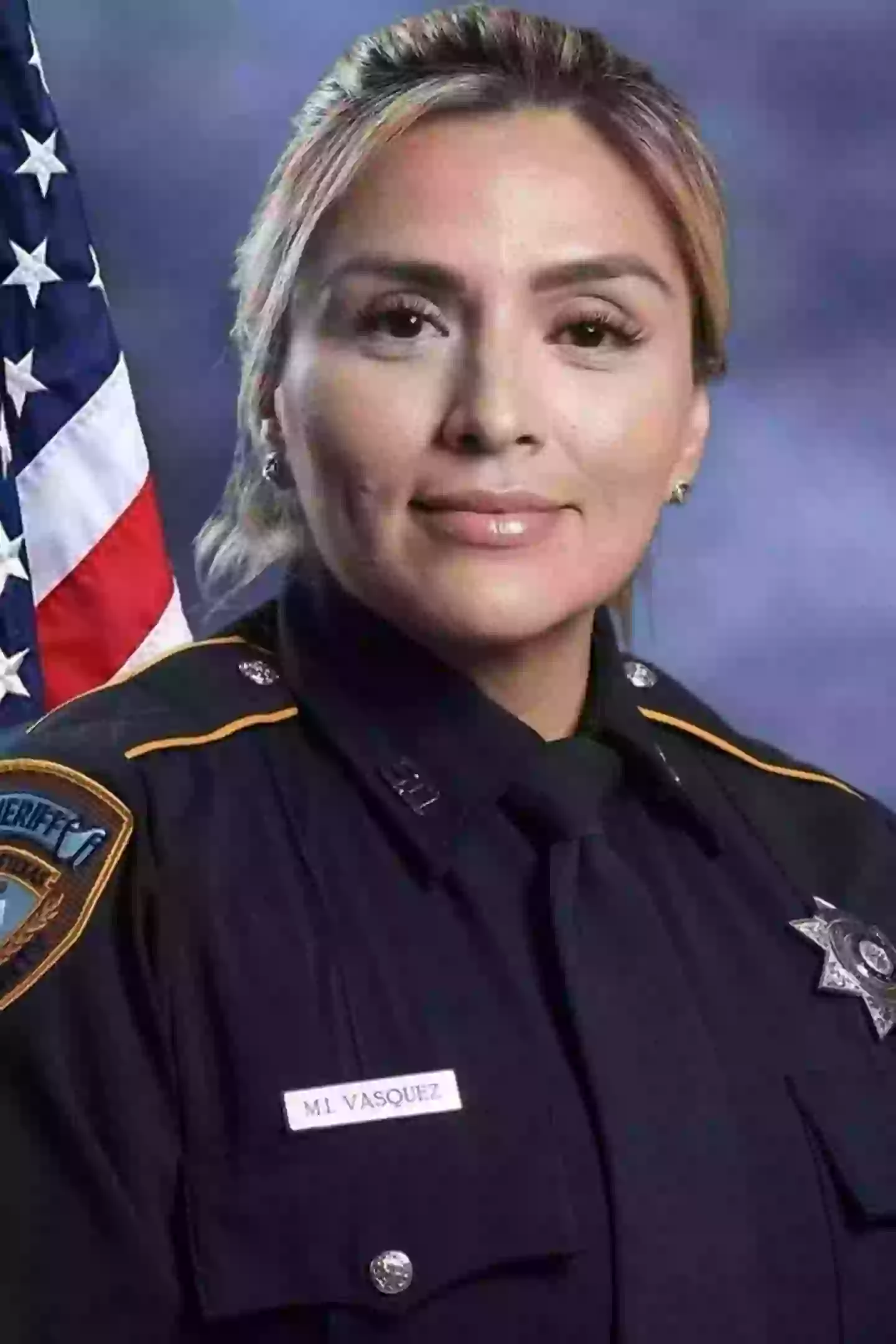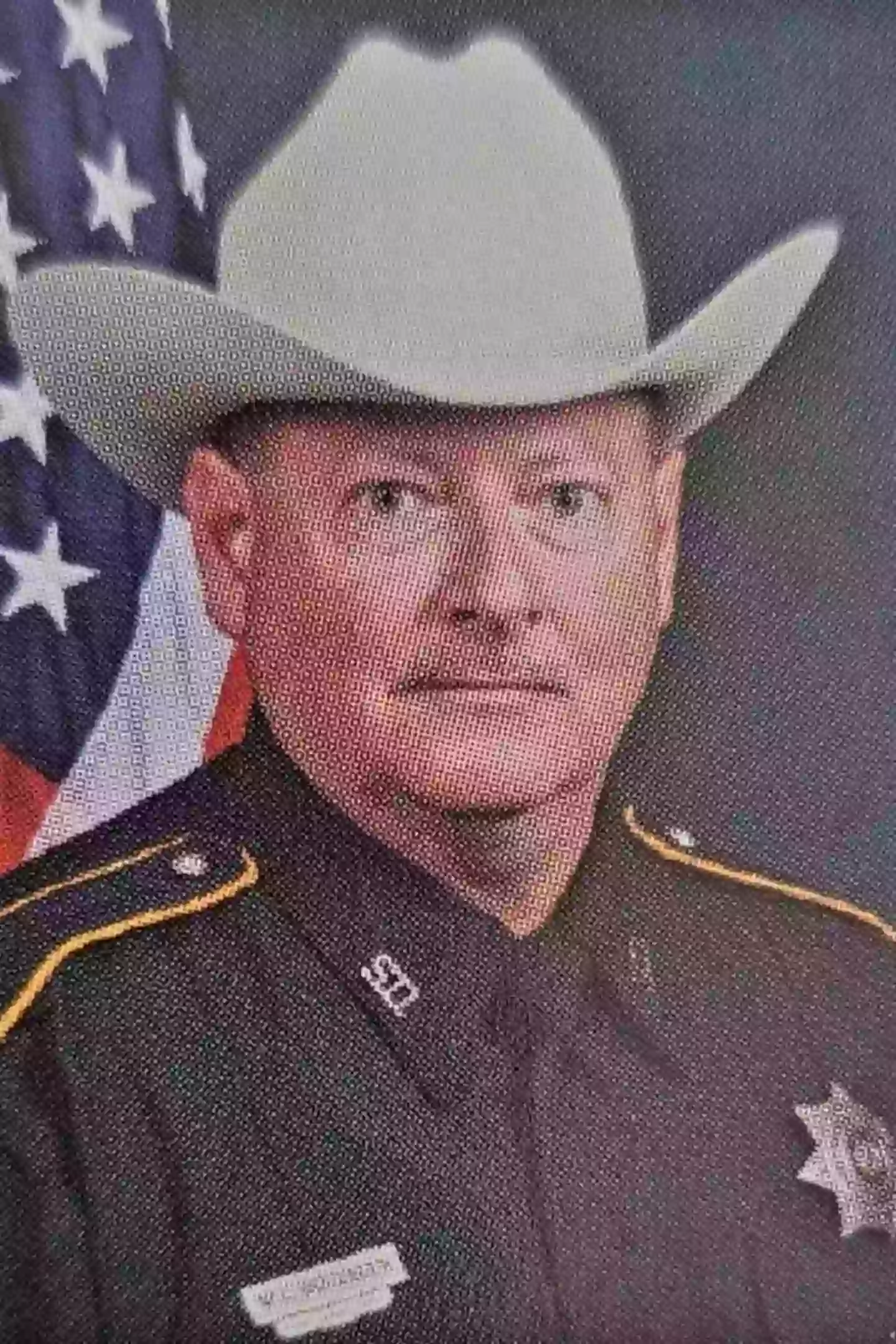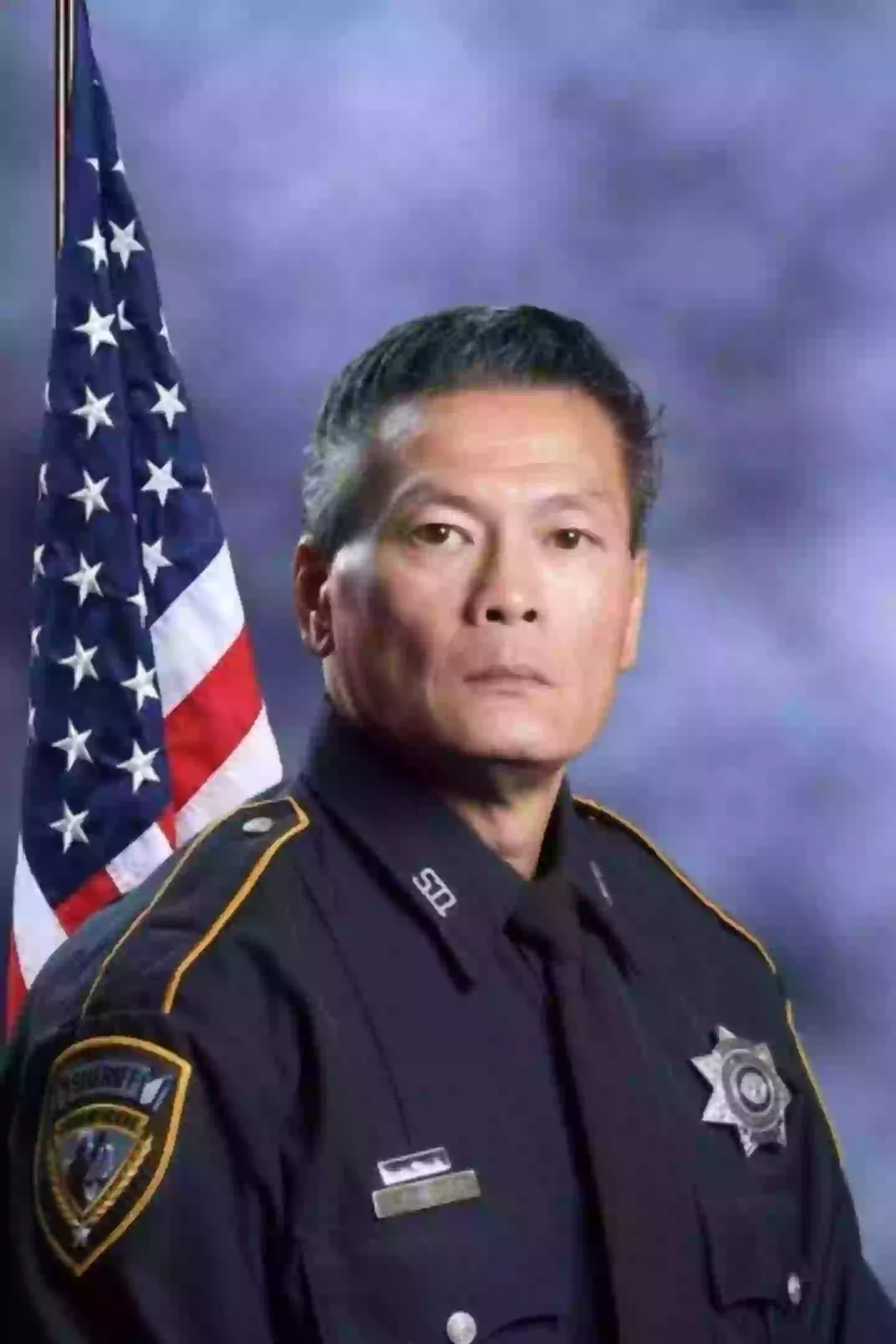Warning: This article includes discussions about suicide which may be distressing to some readers.
In the past six weeks, four current and former deputies from the Harris County Sheriff’s Office (HCSO) have died by suicide, highlighting the ongoing issues surrounding mental health.
A report from the US Fire Administration in 2023 revealed that from 2015 to 2017, first responders accounted for one percent of all suicides in the US, with 58 percent of these being law enforcement officers (LEOs).
Furthermore, a document obtained by ABC News in 2024 disclosed that between the years 2016 and 2022, a tragic total of 1,287 LEOs and correction officers died by suicide.
Officers from local police departments accounted for more than half (51 percent) of these suicides, while 20 percent were from sheriff’s offices.
In the past month, the number of LEOs added to these tragic statistics has increased by four.
Here’s what is known about their deaths and the efforts by the Houston-based HCSO to provide mental health support to remaining officers.

On March 13, a Houston Regional CLEAR Alert was issued for Christina Kohler, a 37-year-old veteran of the HSCO.
The first responder, who had been with the office since 2018, was last seen on March 12, as posted by the Texas Center for the Missing.
At that point, officers indicated that Kohler posed a ‘credible threat to her own health and safety’.
It was later confirmed that she passed away on the very day she was reported missing, as Constable Mark Herman stated: “Her name, her life, absolutely deserves to be remembered for her commitment to our profession.”
Kohler’s most recent assignment was as a bailiff in the 182nd District Court, according to The Houston Chronicle.

Shortly after Kohler’s death, the Medical Examiner’s Office verified that HCSO Deputy Maria Vasquez, who departed the department in December 2024, had also died by suicide.
The 42-year-old’s death occurred at her residence on Almeda Genoa Road in Houston.
The HSCO paid tribute to both Kohler and Vasquez through a Facebook post by their Community Engagement Division, stating: “Heaven has gained two beautiful angels.”
“May their memory be a blessing, inspiring strength and comfort to their friends, family and coworkers during this challenging time.”
Kohler and Vasquez’s deaths aren’t the only ones affecting the HSCO, with former deputy William Bozeman also found under similar circumstances, as reported by ABC 13 Eyewitness News.
On February 26, it was reported that former HSCO deputy Long Nguyen, 58, had also died by suicide, according to the medical examiner.

Dr. Ron Acierno, Director of the Trauma and Resilience Center at UTHealth Houston, emphasized the need to address the stigma surrounding officers seeking mental health treatment during both their careers and retirement.
“Much like the veteran community and the active-duty community, the idea is to tough it out. Or whether it’s due to the fact that they just didn’t know the help was available, or didn’t think it could help,” he shared with Click 2 Houston.
The Trauma and Resilience Center provides mental health support to first responders in Texas.
“We do have effective treatments. They aren’t fun. They aren’t comfortable. They’re very action-oriented. . .The focus is on changing what you do to change how you feel.”
Dr. Thomas McNeese, Director of the Harris County Sheriff’s Office Behavioral Health Division, acknowledged the emotional challenges posed by the profession.
He noted that the work ‘takes a toll on people’ and can ultimately ‘change’ them over time.
“Reaching out. Getting some help. Doing something to be able to not stay stuck is really important,” he added.

In response to the loss of its four officers, the HCSO, Texas’ largest sheriff’s office, is now offering ‘mental health and peer support services to Deputy Kohler’s colleagues as they grieve her tragic loss’.
“The Sheriff’s Office is grateful for the community’s prayers and support, and we offer our deepest sympathies to Deputy Kohler’s family,” they stated.
Constable Sherman Eagleton of the HCSO has urged any ‘struggling’ first responders to ‘reach out to someone’ for support.
“You are needed and you matter, even when you feel your lowest,” he posted on Facebook.
“Our brothers and sisters in blue, take care of each other. Don’t carry the burden alone, your family is here for you.”
Jose Lopez, President of the Harris County Deputies Organization, mentioned that he and his fellow officers are fully aware of the gravity of the situation.
McNeese revealed that the recent suicides have placed significant pressure on the entire office, prompting discussions about enhancing the agency’s behavioral health division.
“Something like this has ripple effects you don’t realize for years,” he noted, also commenting that the division is ‘too small’.
However, he hopes the service can contribute to the ongoing effort to ‘destigmatize’ mental health.
“The hope is to destigmatize it by having us around,” he explained. “They know you’re not there trying to take away their badge. In fact, we’re their advocate.”
If you or someone you know is facing a mental health crisis, Mental Health America offers support. You can call or text 988 or chat at 988lifeline.org. The Crisis Text Line is also available by texting MHA to 741741.
If immediate mental health support is needed, contact the National Suicide Prevention Helpline at 1-800-273-TALK (8255). This confidential crisis hotline is available to everyone 24/7.

